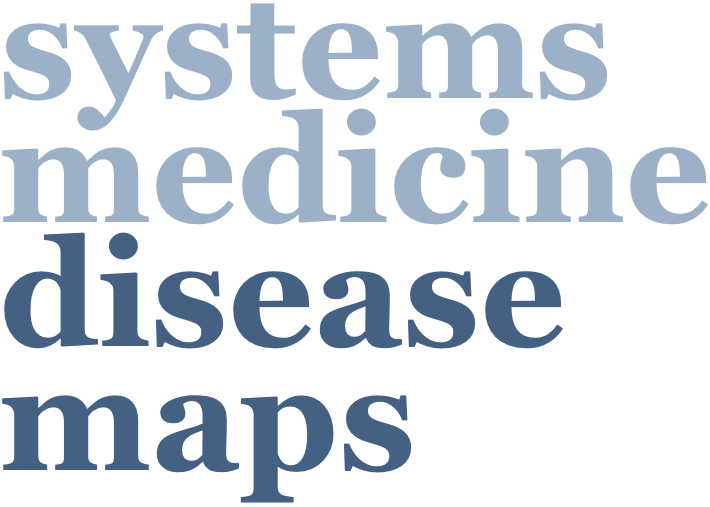
Diabetic Kidney Disease
Diabetic Kidney Disease Map
Development status: Active development
Disease IDs: MONDO:0005016, MESH:D003928, ICD9:250.4, DOID:11503
Synonyms: Diabetic nephropathy, DKD
Construction tools: CellDesigner
Contact: Farnoush Kiyanpour, Isfahan University of Medical Sciences, Isfahan, Iran, f.kiyanpour1990(at)gmail.com
Chronic kidney disease (CKD) affects about 9% of the human population and is the 12th leading cause of mortality (GBD Chronic Kidney Disease Collaboration 2020). Diabetic kidney disease (DKD) is the most common type of CKD and accounts for about half of the cases of end-stage renal disease (ESRD) (Samsu 2021). Considering its high burden, the development of more efficient therapies is an urgent need. However, the poor understanding of the underlying molecular mechanisms has slowed down this critical task. Indeed, the complex underlying pathogenic mechanisms cannot be properly approached by reductionist strategies of classical pipelines for drug target identification. The recent emergence of systems biology with its holistic, predictive, and quantitative approaches provides unique game-changing opportunities.
This initiative is a collaboration between the Regenerative Medicine Research Centre of Isfahan University of Medical Sciences, the University of Luxembourg under the Disease Map Consortium, and Natarajan Laboratory, City of Hope, Duarte, CA. In this project, the interaction maps related to DKD will be retrieved from the related literature and visualized using CellDesigner software by a team of curators based on a specific guideline. The accuracy of the curated maps will be assessed by a panel of domain experts. In addition, high-quality omics data will be included to compensate for the potential publication bias of literature-driven data. The integration of heterogeneous layers of big data will be performed using previously developed algorithms (Borhani et al. 2022). This project will result in a multi-level, modular, connected, and holistic map of DKD that represents the molecular interactions as well as the relationships between signaling pathways. The computational team will employ this map as a basis for constructing large-scale dynamic models (Borzou et al. 2022) and predicting novel drug targets (Abedi et al. 2021).
Altogether, this international collaboration aims to construct a holistic map of DKD, which can deepen our understanding of the disease’s molecular mechanisms and facilitate the development of more efficient therapeutics.
Expert Panel
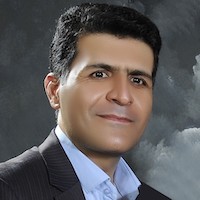 |
Yousof Gheisari, Md, Ph.D., Associated Professor
Chair, Regenerative Medicine Research Center, Department of Medicine Isfahan University of Medical Sciences, Isfahan, Iran |
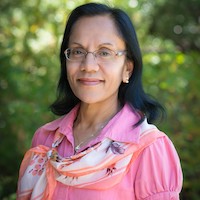 |
Rama Natarajan, PhD, FAHA, FASN, Full Professor
Chair, Department of Diabetes Complications and Metabolism Deputy Director, Arthur Riggs Diabetes & Metabolism Research Institute Beckman Research Institute of City of Hope, Duarte, California |
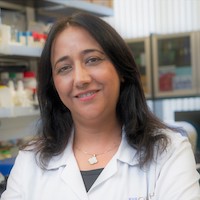 |
Maryam Abdollahi, Ph.D., Staff Scientist
Department of Diabetes Complications and Metabolism Arthur Riggs Diabetes & Metabolism Research Institute Beckman Research Institute of City of Hope, Duarte, California |
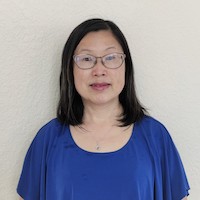 |
Zhuo (Nancy) Chen, Assistant Research Professor
Department of Diabetes Complications and Metabolism Arthur Riggs Diabetes & Metabolism Research Institute Beckman Research Institute of City of Hope, Duarte, California |
Lead Curators
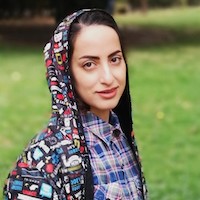 |
Farnoush Kiyanpour, PhD Candidate
Department of Advanced Medical Technology Regenerative Medicine Research Center, Department of Medicine Isfahan University of Medical Sciences, Isfahan, Iran |
 |
Marek Ostaszewski, PhD
Luxembourg Centre for Systems Biomedicine University of Luxembourg, Luxembourg |
Computational Team
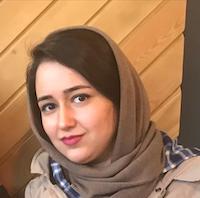 |
Niloufar Borhani, PhD Candidate
Regenerative Medicine Research Center, Department of Medicine Isfahan University of Medical Sciences, Isfahan, Iran |
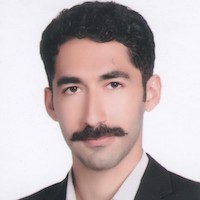 |
Pouya Borzou, MSc
Regenerative Medicine Research Center, Department of Medicine Isfahan University of Medical Sciences, Isfahan, Iran |